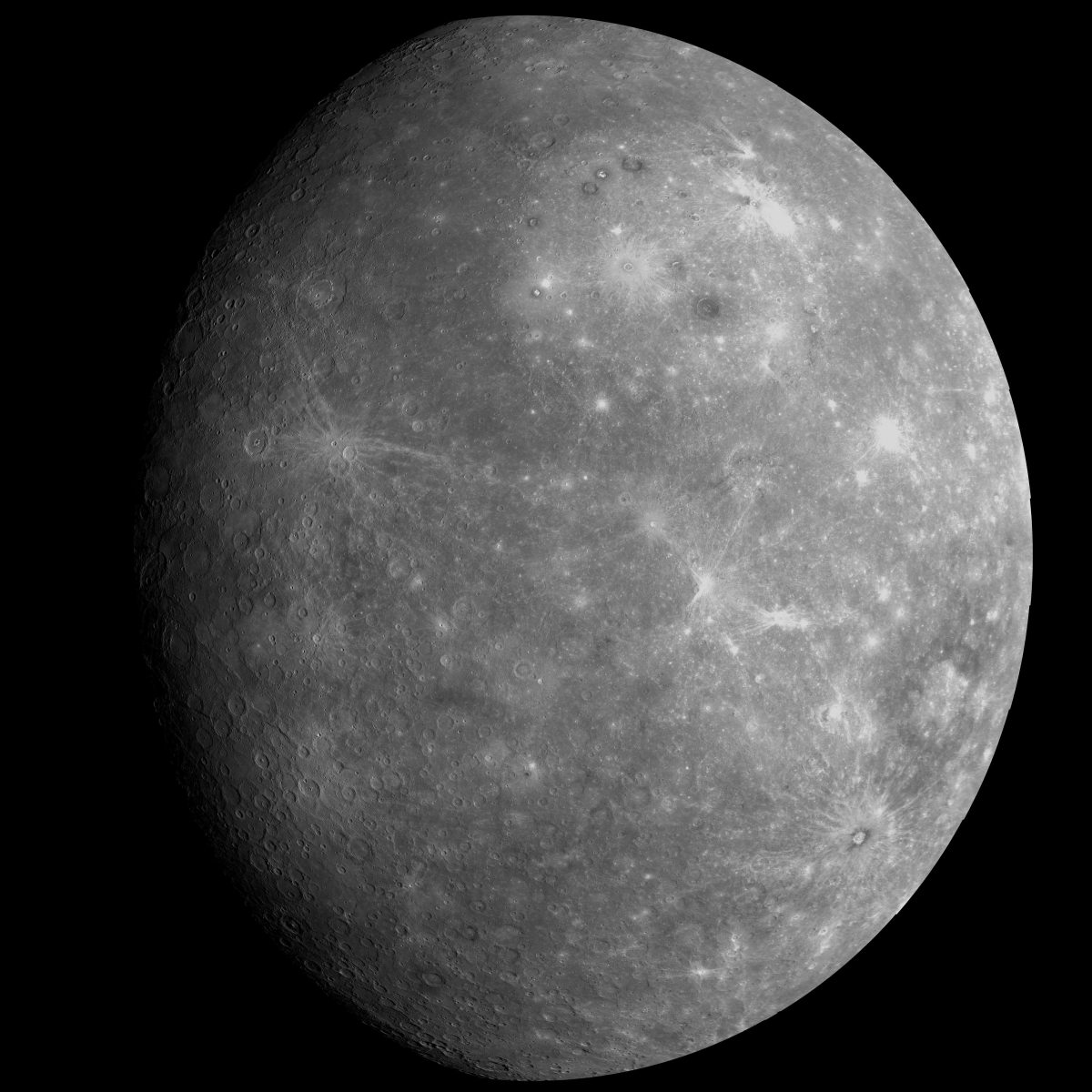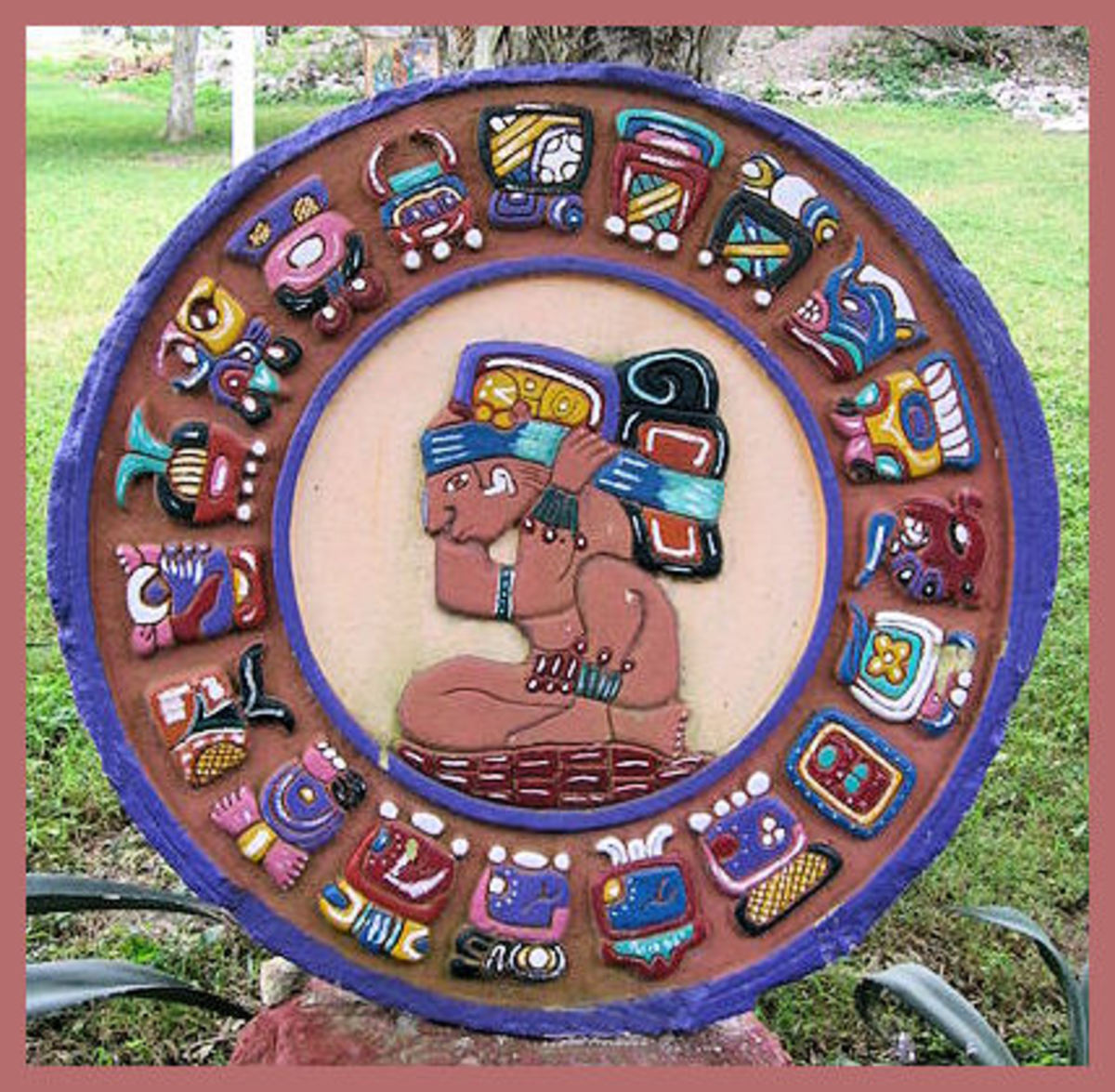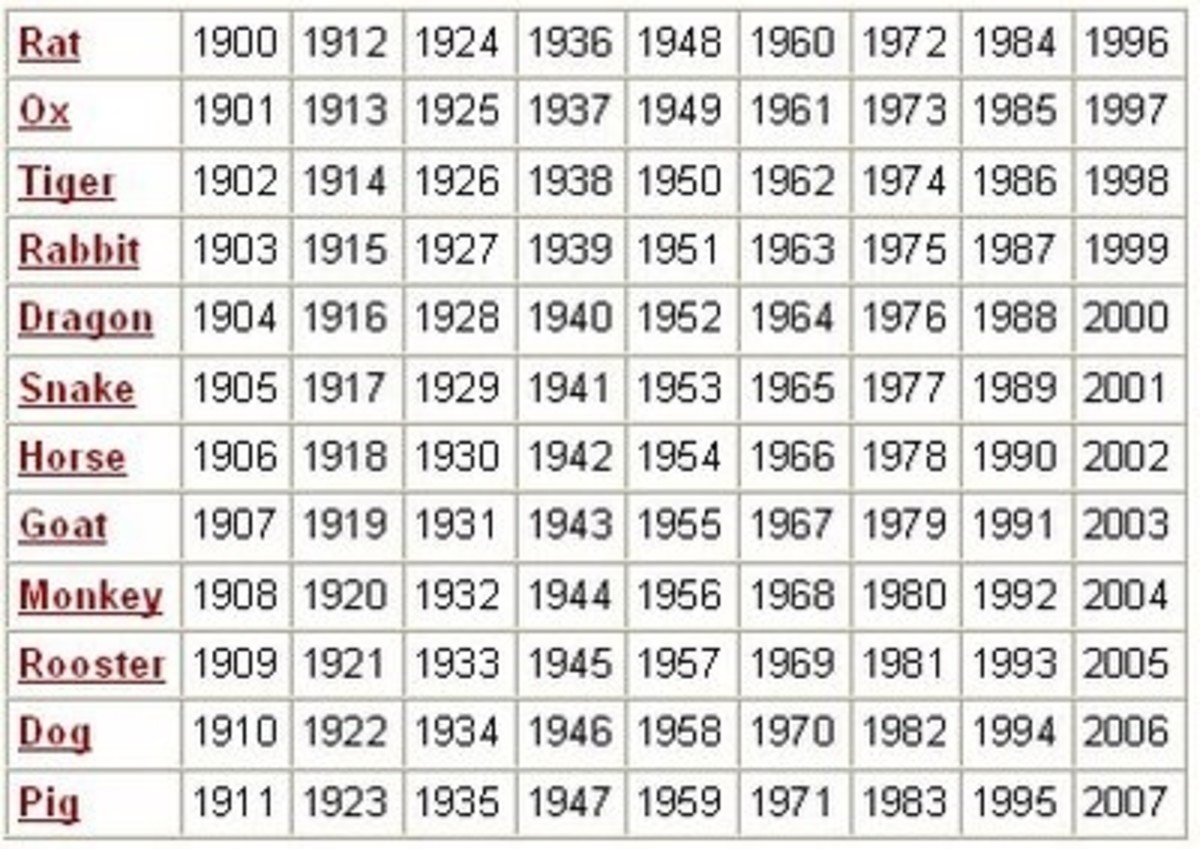To Have 13 Months in a Year?
A calendar that does not reflect earth's revolution around the earth can have equal number of days.

A year with 13 months would be bad say the numerologists
The question is: "Would it make sense to have 13 months in a year?"
Bases
Before giving an answer let us consider several things.
First, what is the basis in making a month?
Answer: The week is the basis in making a month.
What is the basis of making a week?
Answer: The day is the basis of making a week.
What is the basis of making a day?
Answer: One complete rotation of the earth makes a day.
Among these bases, only the complete rotation of the earth has a physical reality.
A week has no physical reality. We are using "reality" in the sense that we come to know of external things by means of experience or sense-experience (Russell, B. Our Knowledge of the External World).. We are not using "reality" in the absolute sense that it resides only in the mind along the philosophy of idealism.
A week is a convention. It is an invention. It is a convenient way of taking note of time. A week can consist of three days, or five days instead of the seven days that we know. Someone arbitrarily started using seven days to comprise a week and others adopted the practice. Its utility is that two people can meet in a date if they are using the same number of days in a week and if they agree to begin a week on a Monday. In fact the names of days are a convention. When there was no speech, or notation, or knowledge, the rotation of the earth had no name.
It so happened that the year had been based on one revolution of the earth around the sun. In that sense, a year has a physical basis.
However, the number of days, a day defined as consisting of 24 hours, does not exactly reconcile with one revolution of the earth around the sun. That is why we have a leap year. A leap year reconciles with the revolution of the earth around the sun in four years. The reason is that the earth travels in ellipsis not in exact circle around the sun.
We can still make use of the year and the leap year because they have physical bases. The ultimate basis is the elliptical path of the earth around the sun. Then we employ arithmetic in counting seconds, hours, days, year and leap year. (Still bearing in mind that 60 minutes in an hour was started arbitrarily).
Now we turn our attention to the number of months in a year.
To recall, there were over 500 proposals for a calendar, particularly the Gregorian calendar. We know that the Julian calendar preceded the Christian calendar now in use, the Gregorian calendar, named after Pope Gregory.
[Of course there are other calendars: the Muslim calendar, the Mayan calendar, the Indian calendar, the Chinese calendar.]
What is the purpose of making a year comprised of 13 months? Is it to modify a month, February, having only 28 days in ordinary years and 29 days in a leap year?
No quarrel about that aim. (I am not computing if in fact with February having 4 weeks would make a year comprised of 13 months.)
However, it would make sense to have a physical basis for a day and for a year and for a leap year. If we could help it we should have some physical basis of our behavior and counting rather than use a pure convention.
If we get to use pure convention we will go into idealism or pure consciousness or mind. This is an excursion into philosophy that we will not go into here. Suffice it to say that we are not using this philosophy, called idealism.
New entries as of Aug. 21,2013
However, a calendar that does not also reflect the revolution of the earth around the sun is an alternative. That way we get rid of a leap year that is cyclical anyway. One cycle will cancel the difference in another cycle. (Presently I am not giving this point much thought). The calendar will only account for the rotation of the earth. We already have a way to account for the shortest day and longest day of the year. This does not affect the number of days in a month of the present calendar.
Another consideration is that modern clocks are no longer hooked to the sun, like the sundial. The length of sunlight in a location depends on the angle of the earth with respect to the sun. The ticks of a modern clock shows the oscillation of electrons of a metal. So, that is fixed. In short, the length of the daylight is not that important unless you apply the daylight saving time. Besides, that is easy to adjust.
A calendar not based on the revolution of the earth around the sun can be made such that months will have equal number of days. End of new entries.
Social aspect
Let us consider the social aspect of a year consisting of 13 months. It took several years before the Gregorian calendar was adopted by nations, at least in countries where there are Christians. Today, the Muslims use their calendar; the Chinese use their calendar. In the Gregorian calendar, new year falls in January, in the Chinese calendar new year falls in February.
For one, a change in the number of months in a year will take years for the Christians to adopt it. Their minds are set with the 12-month Gregorian calendar.
The Muslims and Chinese will also have to adjust their calendars so that a fellow using a Chinese calendar will meet with another fellow using a modified Gregorian calendar at a synchronized date.
For another, there might be a change in the horoscope. The fortune teller might protest. His dates will not coincide with the position of his stars.
For another, there will be a lot of changes in the books of records. A modified Gregorian calendar will have to be reconciled with the dates in the Gregorian calendar that had been used up until 2013, assuming that the modification of the calendar happened this year.
Today, my birthday is November 2, in the modified Gregorian calendar, it might fall on November 7 (I am not computing.) My grandchildren will have to make this adjustment to trace back my birthday.
Don't bother with the holy week because it is adjusted to a Thursday, Friday, Saturday and Sunday no matter the date they fall in the Gregorian calendar. It makes it appear that lenten has no physical basis because names of days are a convention. If you fix lenten on a date in the Gregorian calendar there will be a Black Wednesday instead of a Black Friday in some past and future years.
May be the birthday of Jesus Christ should be corrected because reportedly it should fall four days before December 25. Or is it four days after December 25?
Confusion
There will be a lot of adjustments, not to mention confusion. Death certificates will have to be adjusted. So will the dates in your visa. So will the dates of your bank account. Will USA agree to a new date of its independence day? Retain July 4th of the 12-months-in-a-year or July10th in the new calendar?
There will be another KYL day (what was that again?). Also, the clocks of the computers will be adjusted.
Then a lot of planners, not to mention Gregorian calendars, printed ahead will become useless.
Copyrights, the counting of years, will become cumbersome. If a year were turned into 13 months how many years will a copyright of 17 years or 50 years turn out to be?
In medicine, you will have to recompute the expiration date of a drug. A wrong calculation would mean your life. You will have to adjust the replacement of your heart pacemaker.
That is true also for food, canned goods, bottled drinks, and wine under fermentation.
If you are fond of tennis you will have to watch for the new dates of the French open, of the US open, the Australian open and the Wimbledon.
If you are a fan of the NBA you will have to recheck your viewing days or your trip to watch the games of your favorite teams like Miami Heat (the new champion), or LA Lakers, or New York Knicks.
The onset of Alzheimer's disease will complicate your recall of dates.
If you are an astronaut in spaceflight today programmed to orbit nonstop the earth in 5 years, you will have grown only about 4.5 years when you splash down on earth.
The Christians will be the more confused. They will have to recompute the birthdays of their favorite saints to celebrate. That is, if they wish to retain their birthdays according to the old Gregorian calendar.
Then the new calendar will be called after Pope Francis. In that case its name will be Franciscan calendar. That might trigger a backstabbing among Christian religious orders. The Augustinian order might protest. The Society of Jesus order might grumble. (Pope Francis belongs in the Society of Jesus). The Dominican order might stage a revulsion. The original Franciscan order will rejoice. How about SVD (Divine Word order)?
Dooms day
Now the numerologists, who believe that the number "13" is bad or a dooms day, will be horrified. And a year comprised of 13 months might drive them to nowhere land.









